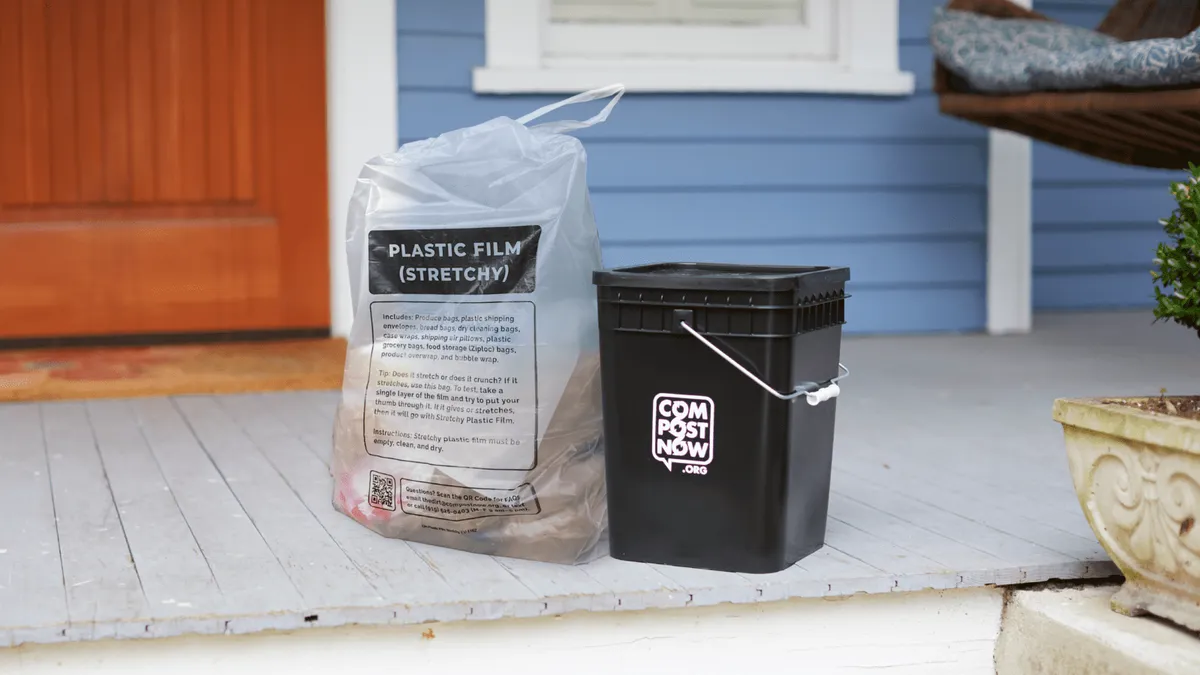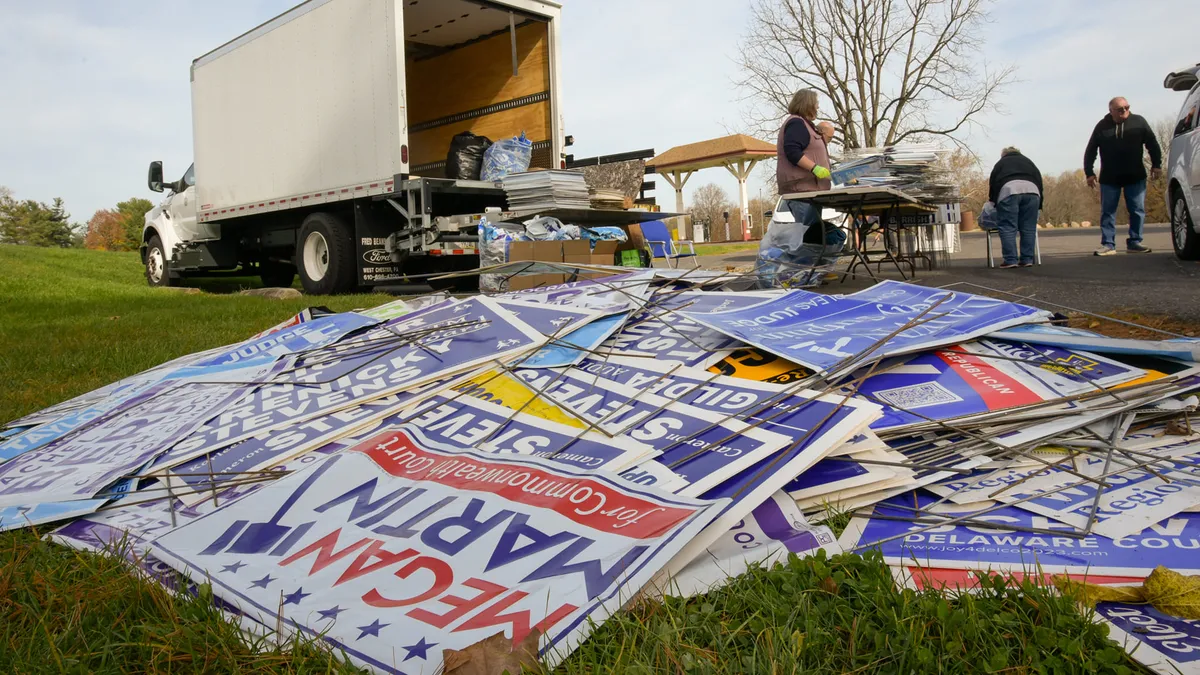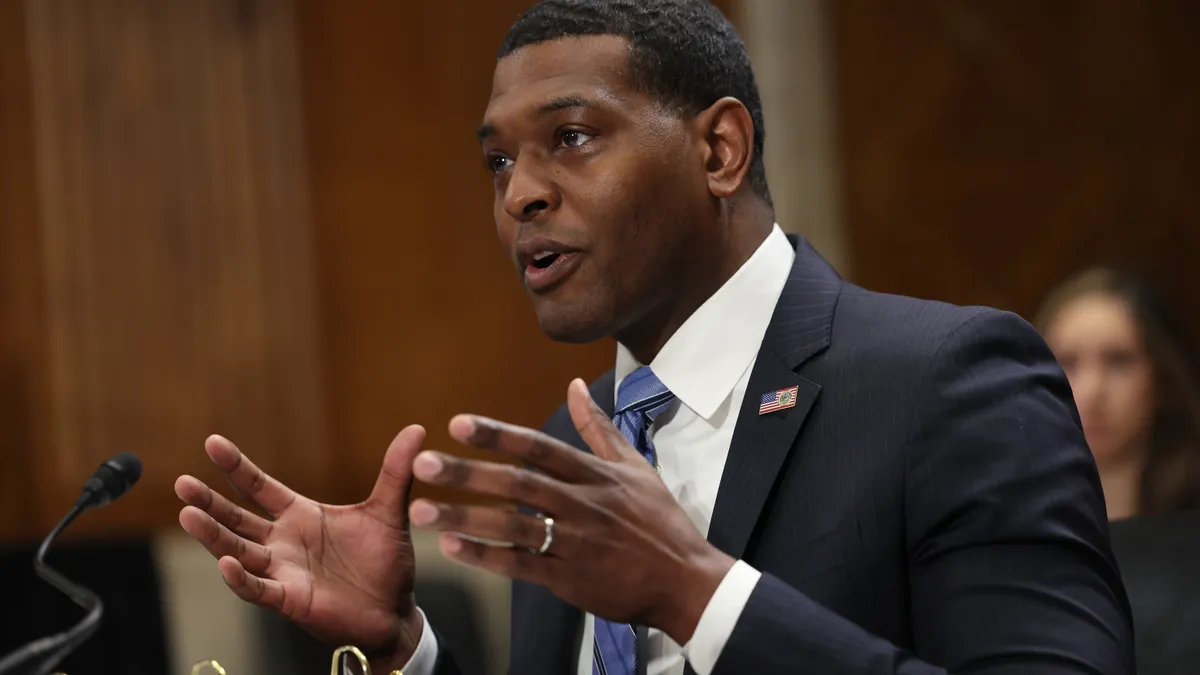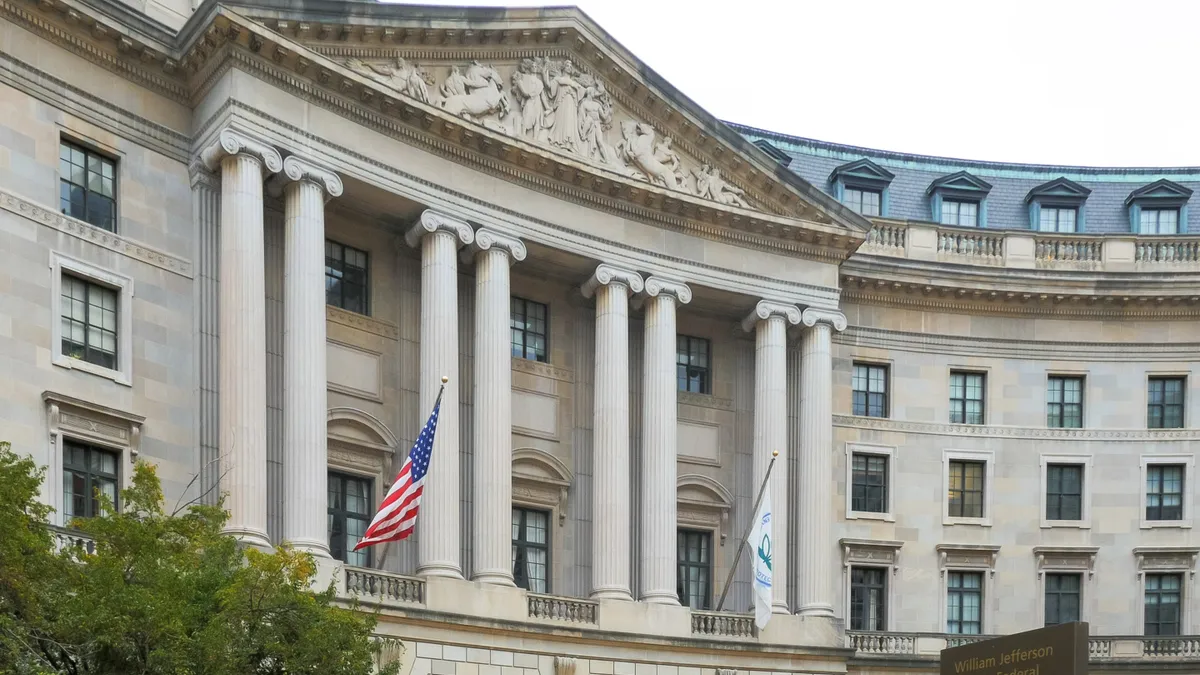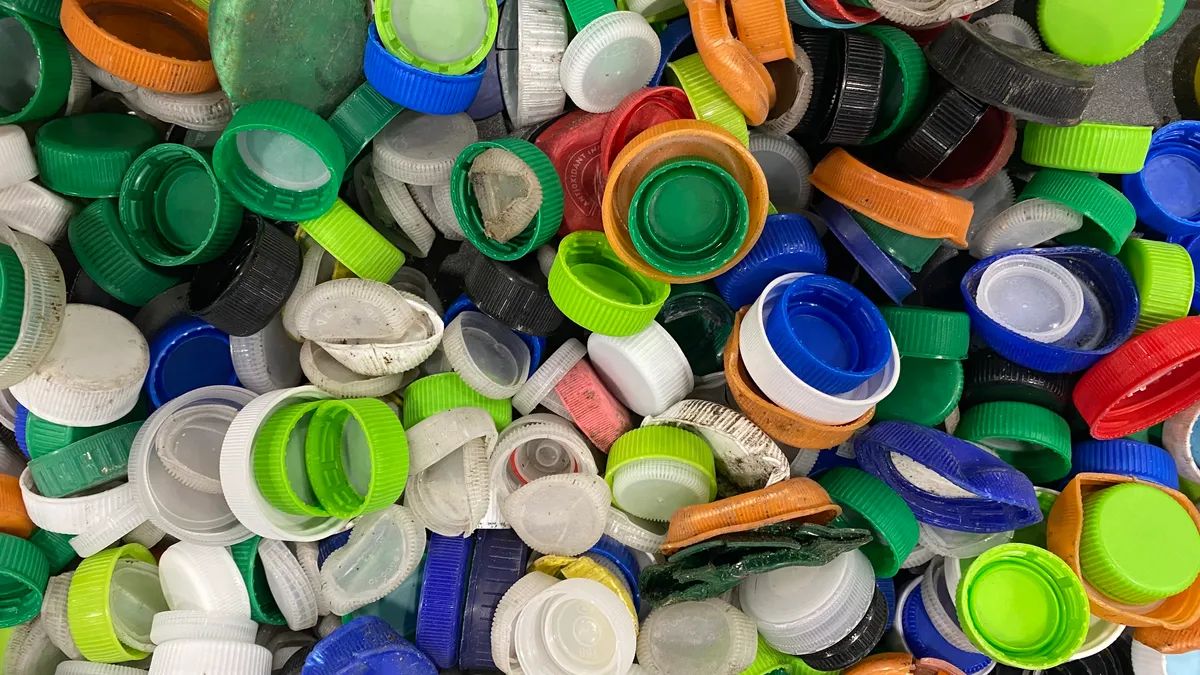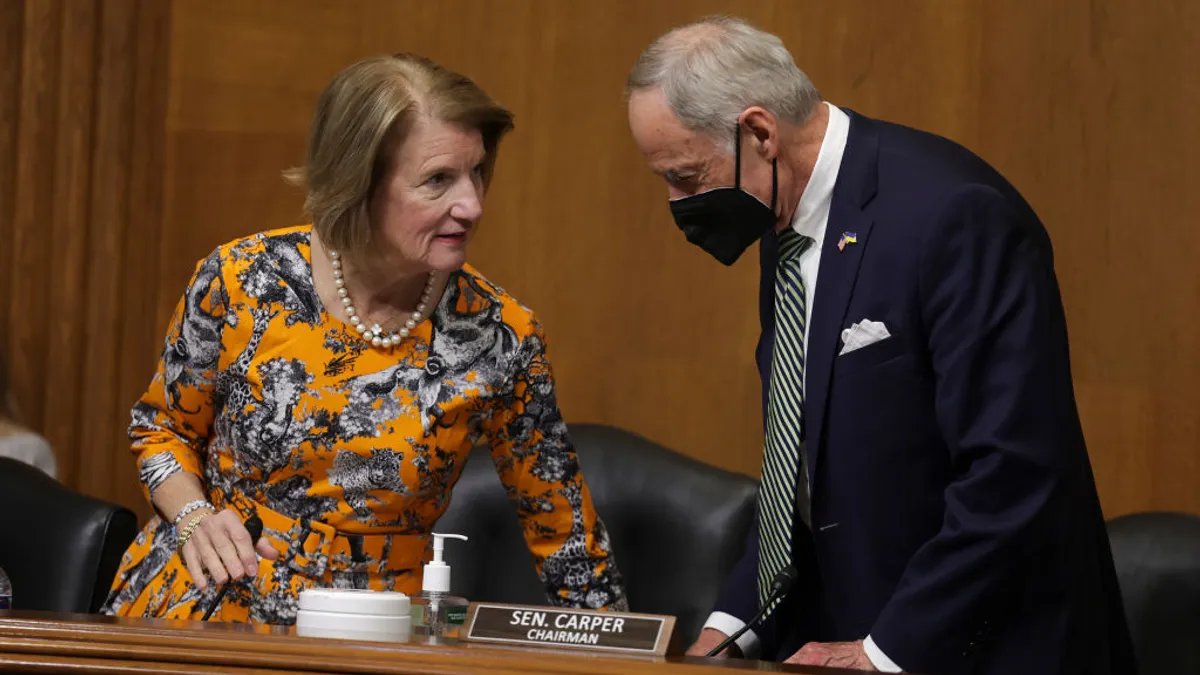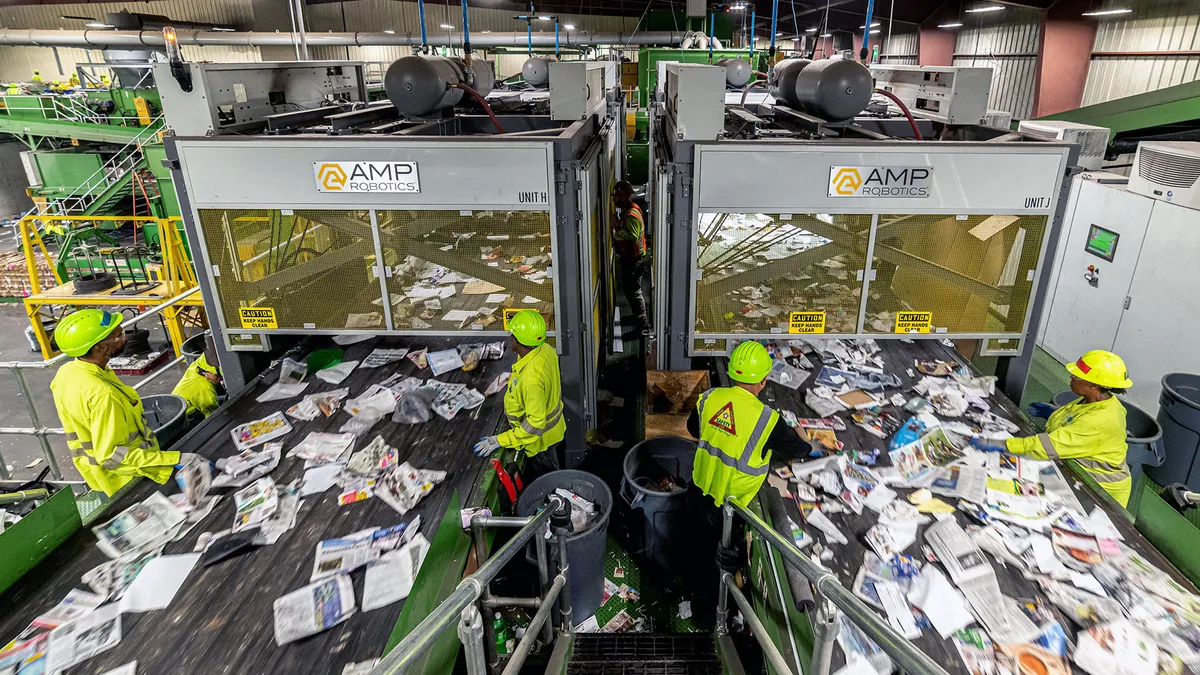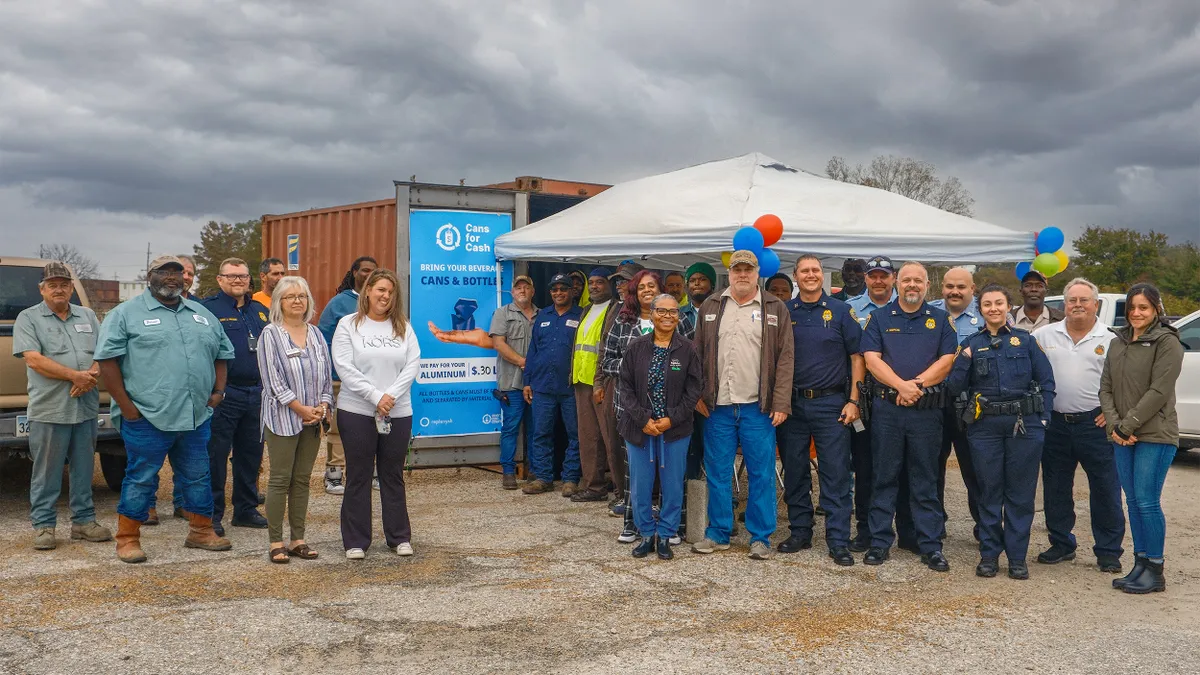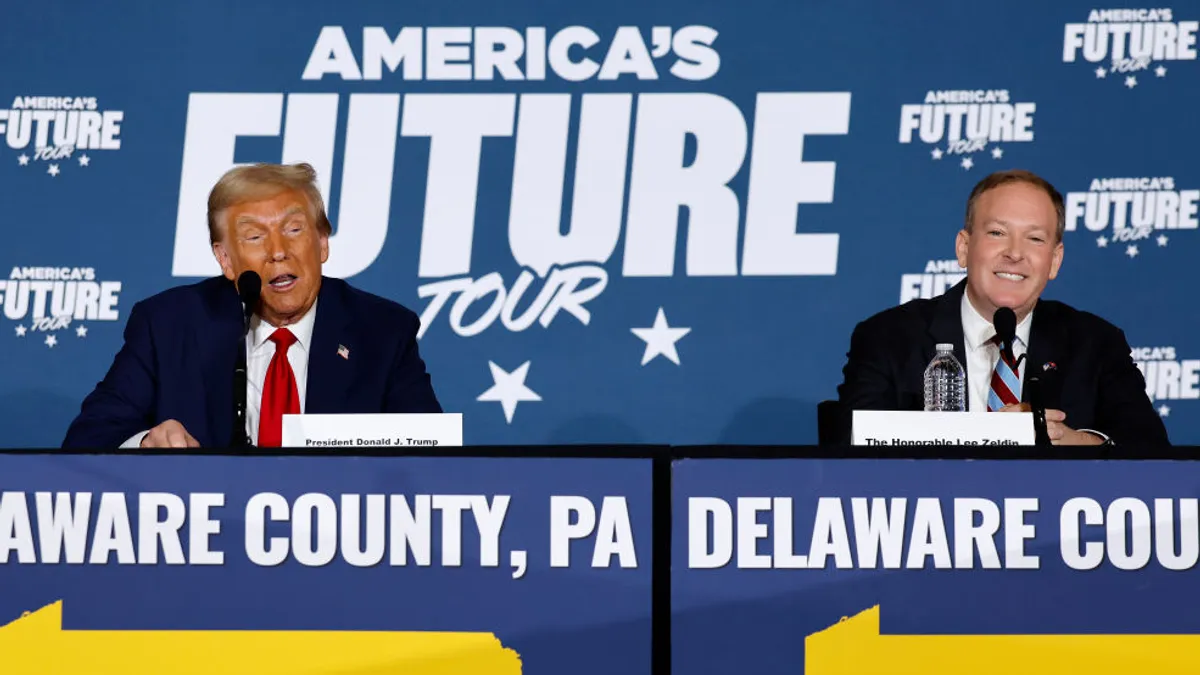This story has been updated with additional comment from the King County Solid Waste Division.
After months of Oregon being the poster child for recycling challenges, it's Washington's turn, and the spotlight has exposed more questions than answers.
This comes after Washington's Department of Ecology held the first in a series of planned meetings for "recycling stakeholders" last week, and The Seattle Times got everyone talking with a story about mixed paper going to landfills the next day. Based on those sources, and conversations with multiple stakeholders, King County appears to be the one to watch moving forward.
The Pacific Northwest state began reporting the usual effects of China's import restrictions last fall. Like others on the West Coast, Washington relied heavily on that export market. Last fall, Washington's Department of Ecology said that "the import ban is beginning to create a major disruption in Washington and throughout the region." Yet for the most part the effects seemed less severe, or at least more scattered, and King County wasn't expecting to bear the full brunt of them.
In the months since, local program restrictions, cancellations or rate increases have been reported from smaller municipalities such as College Place, Waitsburg, Walla Walla and Yakima. The Washington Refuse & Recycling Association (WRRA) has been advising members to work on cleaning up their streams for months and advising customers to, "when in doubt, throw it out."
While it was clear the recyclers were feeling the pressure, the heaviest effects appeared to be occurring in more rural areas. That began to change in recent weeks.
Disposal Requests
As mentioned during the Ecology call, and subsequently reported by the Times, Republic Services has been requesting short-term disposal permission for mixed paper from local governments. This led to "hundreds of tons" of material going into local landfills during March.
During the call, one county official said nearly two dozen local municipalities may have given approval. Bellevue is one of them, and granted "one-time permission to landfill unmarketable mixed paper that is received from the city until April 20."
Republic did not respond to clarifying questions about exactly where and why this was happening.
Seattle Public Utilities, which denied a similar request from Republic, offered further insight into how it came about. According to Hans Van Dusen, the city's solid waste contracts manager, Republic had to shut down its local facility to install new optical sorter technology for mixed paper and material backed up. A general challenge in moving material had also led to bales getting soggy outdoors and losing value. Though from the city's standpoint, this wasn't a sufficient reason for disposal.
"The economics are in the tank and all that in the short term, but everyone's continuing to move material," said Van Dusen.
While he recognized current mixed paper prices were "miserable," Van Dusen noted that Seattle bears commodity risks based on the regional index. Another factor, which he noted in an Oct. 2017 Times article, is that disposal would still be a very expensive option in part because the city's waste is transported to Oregon by rail. With all of this in mind, SPU doesn't expect to change course.
"Our customers are continuing to recycle the same commodities. Mixed paper continues to be a valuable commodity in the near-term and the long-term for us," said Van Dusen.
For the unincorporated areas covered by King County's Solid Waste Management Division, it appears this may also be the case. Director Pat McLaughlin said that he received a similar request from Republic in March, but hadn't made a decision yet.
"Our customers are continuing to recycle the same commodities. Mixed paper continues to be a valuable commodity in the near-term and the long-term for us."

Hans Van Dusen
Solid Waste Contracts Manager, SPU
"I consider this an open dialogue now," he said. "We don't want to do it in isolation and without the benefit from a regional perspective."
For McLaughlin, that will mean discussions with the 37 municipalities covered by his division, as well as other recyclers operating in the area.
Rate Reasoning
For many in the region, disposal permission isn't the only factor to consider. Like in other states, rate increases are seen as expected and necessary to keep programs running.
Washington service providers operate under a unique system in which the state's Utilities and Transportation Commission (UTC) regulates rates for unincorporated areas or municipalities that choose to waive their contracting authority. During the Ecology call, reports came in from multiple counties about companies seeking rate increases, and the UTC website shows plenty of activity on this front.
Waste Management has been one of the most active companies petitioning for increases through the UTC system. The company's regional spokesperson did not respond to questions about how many requests had been submitted, or whether these rate increases would be enough to offset low mixed paper prices.
The UTC told Waste Dive companies traditionally submit requests for rate increases "every few years," but that has begun to change since last year. If approved, it's expected that this could lead to increases of $0.30-0.50 on the average customer's bill.
"By rule, the commission would only look at changing commodity credits every 12 months, but recently the commission has waived that rule to allow companies to come in every six months. This is due to the volatility of the recycling markets," wrote Kate Griffith, UTC media and communications manager, via email. "We expect to see all 53 regulated haulers come in for an adjustment to commodity credits in the near term, if they haven’t already."
While this trend appears to be growing among certain companies, others have have held off on any rate increases so far. Recology, which doesn't serve any UTC municipalities, is one of them.
"We have not asked our cities for relief at this time," said general manager Kevin Kelly, before clarifying that could still change. "We still think that recycling is absolutely the right path to go down. There are a lot of social and economic benefits that we want to see continue. We want to work with our customers to make sure we’re doing it the right way. That may mean that the costs of doing it are more expensive."
State Action
It's not entirely clear why Washington's recycling challenges hadn't risen to prominence like its southern neighbors in Oregon yet. Sources indicate many factors are at play. Some of Oregon's MRFs are older and smaller family-owned businesses comprise a larger share of its haulers, whereas Washington's market is run by larger regional or national players.
Oregon's Department of Environmental Quality is also seen as more hands on — as evidenced by the regular recycling stakeholder meetings it began hosting last year. Washington Ecology had been discussing this issue through regular working groups about "improving commingled recycling," but just did the first market-specific session on March 28. Based on the high level of interest in that multi-hour meeting, future dates are currently being scheduled.
Among the many themes during that call — a need for better education, new price structures and maybe even extended producer responsibility for packaging — one stood out the most. Despite efforts to weather the storm, all involved need to recognize it won't be over any time soon.
"We're now being inspected like fruit," said Brad Lovaas, executive director of WRRA, in a concluding comment. "What we've learned over the last week is that China's door is not going to swing back open."
What's Next for King County
With this realization now setting in, and many service providers reacting accordingly, it will largely fall to local governments to decide where they go from here. Washington has a county-driven system in which these long-term decisions are guided by solid waste plans.
King County is currently working through its own new 20-year plan. The comment period for that plan, and accompanying environmental impact statement, recently closed and revisions are underway.
A key decision will be whether or not to pursue expansion of the county-owned Cedar Hills Landfill, currently set to reach permitted capacity by 2028, or take another approach. That could potentially involve exporting to other landfills or building a mass burn waste-to-energy facility. The latter idea is seen as one the most politically difficult, based on existing attitudes toward WTE in the U.S., but it does have at least one strong supporter.
"The waste-to-energy process and system actually is a form of recycling, and it's a cleaner and healthier way and it’s a predictable way. Right now we don’t have a lot of predictability because we are constantly looking for the markets," said King County Councilmember Kathy Lambert.
In her view, having WTE as an option during market fluxes would be more beneficial, and the county hasn't adequately prepared for what it's now facing. Up until recently the stance was that King County would be less affected and little had changed in the long-term calculus of disposal capacity. Lambert feels the county has "absolutely not" prepared for this event. "The issue is we aren't good and we do have to worry about it," she said.
Another topic being raised by supporters of WTE is how it could fit into a new integrated system, potentially with anaerobic digestion and something other than single-stream recycling, that would rely on local infrastructure over export markets.
One of the most vocal proponents for this concept is Philipp Schmidt-Pathmann, a partner at NEOMER Resources and former member of the county's Solid Waste Advisory Committee (SWAC). He believes the current U.S. landfill system is "subsidized," in comparison to European models, and that China's recent restrictions shouldn't come as a surprise because single-stream material in inherently less valuable than material captured via source-separated systems.
"I just don't think the MRFs are adequately equipped, or if they would be they would be a lot more expensive than what they are right now," said Schmidt-Pathmann. "The bottom line is the quality is just not going to match what you need for industry to compete with primary resources.”
"We're now being inspected like fruit. What we've learned over the last week is that China's door is not going to swing back open."

Brad Lovaas
Executive Director, WRRA
This debate has been percolating for years now, but both Lambert and Schmidt-Pathmann feel the current moment presents a real need to address it. When asked for his take, Recology's Kelly — who is also chair of the SWAC — deferred to county staff for any detailed comments.
"Right now the county is looking at what to do decades from now and I think that brings up interesting conversations," he said. "That's what we need to figure out in the face of a changing marketplace. How do we adjust the economic factors so it makes sense and we continue to recycle well into the future?"
McLaughlin, interviewed prior to Lambert or Schmidt-Pathmann, said new market realities have highlighted the need for greater municipal coordination. As for whether the county's 52% diversion rate might be affected by the current situation, or disposal rates might increase, he said it was too soon to know but that the county has to "be very conscious of that."
When asked for a response to critiques of the plan, McLaughlin left options open in a follow-up email.
“We recently benefited from a public review of our Draft Solid Waste Comprehensive Plan. Key policy choices around long term disposal and recycling are front and center on the minds of our region," he wrote, listing the three disposal options. "A recommendation from the County Executive is planned for submittal to the King County Council later this summer.”
Following that council vote later this year, the plan will also require adoption among local municipalities and final approval by Ecology.
China's import restrictions have now complicated similar discussions, both short- and long-term, throughout Washington. In turn, they've also expanded the potential for alternative ways of thinking about a system currently in the middle of what some view as an unprecedented disruption.





